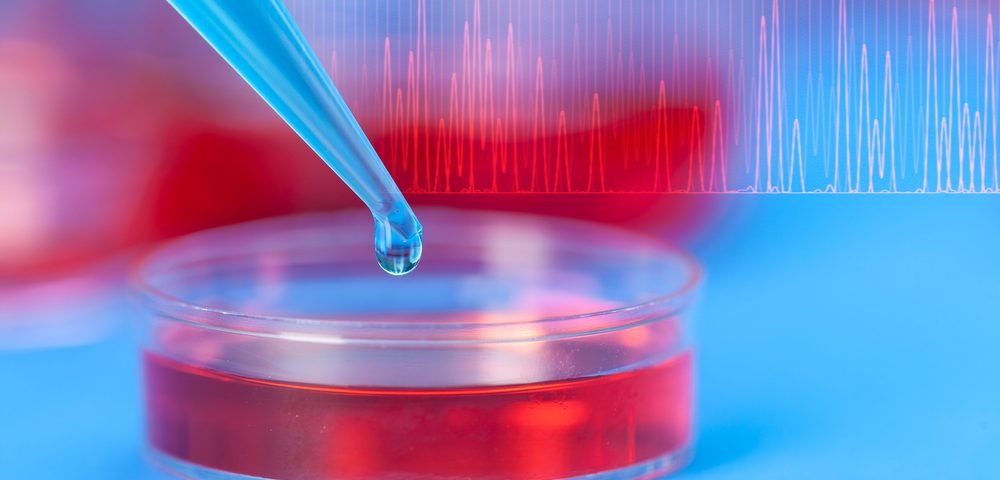Researchers have managed to grow a tiny model of the endometrium in lab dishes, offering scientists a new tool for the study of endometriosis and other conditions of the endometrium, as well as pregnancy.
These so-called organoids, grown from human cells, thrived in a lab dish for several months. This allowed studies of endometrial gene activity, as well as the impact of sex hormones on the tissue.
The study, “Long-term, hormone-responsive organoid cultures of human endometrium in a chemically defined medium,” was published in the journal Nature Cell Biology.
“These organoids provide a major step forward in investigating the changes that occur during the menstrual cycle and events during early pregnancy when the placenta is established,” Dr. Margherita Turco, the study’s lead author, said in a press release.
Endometriosis has been a difficult condition to study, with researchers having to rely on analyses of lab-grown cells and animal models to understand the disease. And individual cells are not able to offer adequate amounts of information.
Instead, the organ-like structures — developed by researchers from the Centre for Trophoblast Research at the University of Cambridge in England — are composed of both epithelial cells and secretory cells. Since these cells communicate with each other and with the surroundings, with the help of hormones and other secreted molecules, the model has the ability to closer mimic conditions in the uterus.
“These events are impossible to capture in a woman, so until now we have had to rely on animal studies,” Turco said.
In addition to endometriosis-related research, the organoids have already offered the team insights into the early stages of pregnancy. Researchers believe that the foundation of many pregnancy complications develop during this period.
“Events in early pregnancy lay the foundations for a successful birth, and our new technique should provide a window into this event,” adds Prof. Graham Burton, director of the Centre for Trophoblast Research, who shared senior authorship of the study with Dr. Ashley Moffett.
A research team at Northwestern University Feinberg School of Medicine recently built a model of the entire female reproductive system, potentially moving the field of endometriosis research forward through technological advancements.

